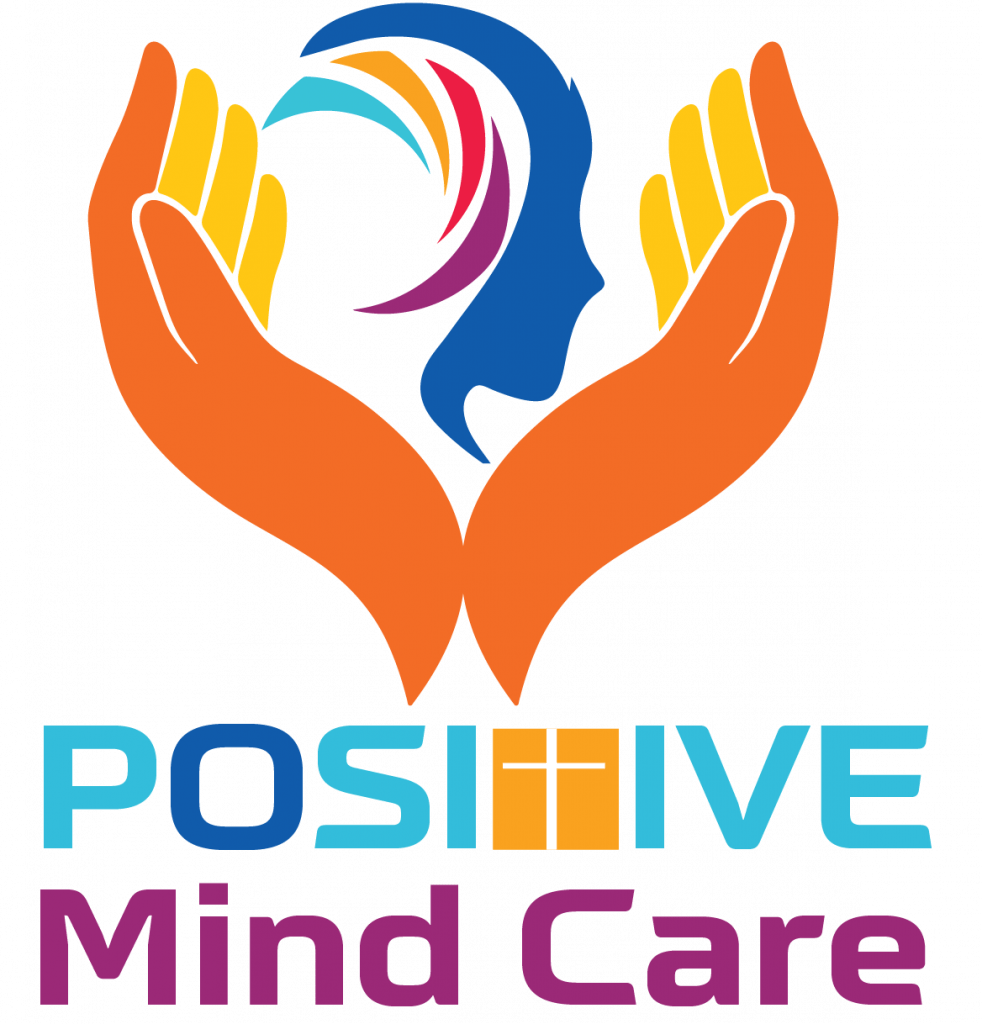According to experts at Positive Mind Care, Obsessive-Compulsive Disorder (OCD) is a complex mental health condition that manifests in a variety of ways, affecting millions of people worldwide. It goes beyond the common stereotypes of cleanliness and orderliness, encompassing a wide range of obsessions and compulsions that can significantly impact an individual’s daily life. In this comprehensive blog, we will delve into the diverse types of OCD, shedding light on their distinct characteristics, challenges, and available treatment options.
Common Types of OCD
Contamination Obsessions and Cleaning Compulsions: This is one of the most recognizable forms of OCD, characterized by intense fears of contamination or germs. Individuals with this type of OCD may engage in excessive cleaning, handwashing, or avoidance of situations they perceive as dirty or contaminated.
Checking Obsessions and Compulsions: People with checking OCD experience persistent doubts and fears, leading them to perform repetitive checking behaviors. They may repeatedly verify locks, appliances, or other items to alleviate anxiety associated with potential harm.
Symmetry and Order Obsessions and Compulsions: This type involves an overwhelming need for symmetry, exactness, or a specific order. Individuals may arrange items meticulously or engage in repetitive behaviors to achieve a sense of balance.
Intrusive Thoughts and Mental Rituals: Intrusive thoughts can be distressing and unwanted, often taking the form of violent or taboo images. Mental rituals, such as counting or repeating phrases, are performed to neutralize the anxiety caused by these thoughts.
Hoarding Obsessions and Compulsions: Hoarding OCD is characterized by an excessive accumulation of possessions, even if they have little or no value. Individuals with this type struggle to discard items and may experience significant distress if forced to do so.
Less Common Types of OCD
Harm Obsessions and Checking Compulsions: This type involves fears of causing harm to oneself or others due to negligence or failure to prevent harm. Checking behaviors are common, such as rechecking doors, appliances, or potential hazards.
Religious or Moral Obsessions and Compulsions: Individuals may experience distressing obsessions related to religious or moral beliefs, such as fear of committing blasphemy or going against their moral code. Compulsions may involve praying excessively or seeking reassurance.
Sexual Orientation or Identity Obsessions: People with this type of OCD experience distressing doubts or fears about their sexual orientation or gender identity, even if they have no doubts about their true orientation.
Relationship Obsessions and Compulsions: Individuals may have persistent doubts and fears about their relationships, leading to reassurance-seeking behaviors or attempts to “prove” their love or commitment.
Somatic Obsessions and Compulsions: Somatic OCD involves excessive preoccupation with bodily sensations or functions, often leading to repetitive checking or seeking medical reassurance.
Navigating Treatment for Different Types of OCD
While the types of OCD may vary, treatment approaches often share similarities. Cognitive-Behavioral Therapy (CBT), particularly Exposure and Response Prevention (ERP), is effective in addressing a wide range of OCD symptoms. ERP involves gradually confronting feared situations or thoughts while refraining from engaging in compulsions, allowing individuals to learn that their anxiety naturally decreases over time.
Medication, such as selective serotonin reuptake inhibitors (SSRIs), may also be prescribed to help manage OCD symptoms, especially when used in conjunction with therapy.
Deep Transcranial Magnetic Stimulation (Deep TMS), a non-invasive procedure that targets specific brain areas using magnetic fields, is emerging as a promising treatment for individuals with treatment-resistant OCD. We at Positive Mind Care offer the treatment for OCD and several other disorders by the use of Deep TMS.
Conclusion
Obsessive-Compulsive Disorder is a diverse and complex condition that manifests in various ways, affecting individuals’ thoughts, emotions, and behaviors. By understanding the different types of OCD, we can break down stereotypes and misconceptions, fostering empathy and support for those living with this challenging disorder.
Positive Mind Care in Gurugram is a beacon of hope for individuals battling with such disorders, thanks to its cutting-edge Deep TMS therapy and comprehensive approach to treatment. By outfitting the force of imaginative innovation and customized care, Positive Mind Care is changing lives and making ready for a more brilliant, more joyful future for its patients.
If you or someone you know is struggling with OCD, remember that help is available. Consult mental health professionals to determine the most appropriate treatment plan tailored to your specific type of OCD. With the right support, individuals can effectively manage their symptoms, improve their quality of life, and embark on a journey towards recovery and well-being.


